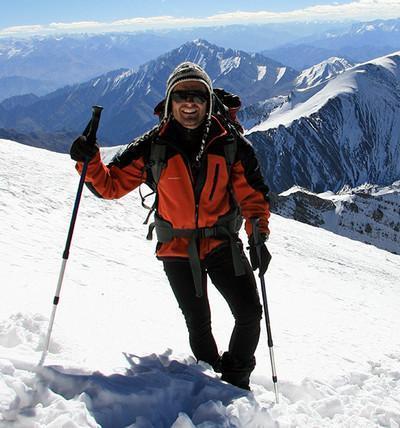There are many drugs that skiers can take to combat the effects of high altitude. Nsaids are one of the most common, and they have many benefits, but they are also dangerous. In addition to causing gastrointestinal problems, Nsaids can increase bleeding and bruising. For these reasons, they should be used with caution. A safer alternative is Tylenol, which is less likely to cause negative side effects.
Cannabis
Skiing and snowboarding are among the most popular winter activities and ski resorts are crowded all winter. While skiing and snowboarding are the main attractions, many people also use cannabis to unwind after a day of hard skiing and snowboarding. While this may not be an ideal scenario, marijuana use has been known to boost skier and snowboarder performance.
The drug's adverse effects have yet to be researched specifically in elite athletes. However, adverse effects from recreational use of cannabis have been reported in athletes. While it may not be considered a performance enhancing drug, marijuana can cause stomach ulcers, high blood pressure, and allergic reactions. It can also affect the development of the brain. Marijuana seeds from ILGM are one of the best ones, check them out.
Nsaids
Although Nsaids are commonly prescribed for pain, they have several drawbacks. They can aggravate stomach problems, increase bleeding, and cause bruising. They also inhibit the production of prostaglandins, which protect the stomach lining. Therefore, they are best used as a last resort and are not recommended for younger skiers.
Nsaids hould only be taken under the supervision of a healthcare professional and should be taken for the shortest time possible. While long-term use of Nsaids may reduce the likelihood of serious side effects, frequent check-ups with a doctor are necessary. In addition, Nsaids can interact unpredictably with other medicines and impair their effectiveness.
Altitude House
During ski competitions, athletes may take altitude house to boost their performance. It works by increasing hemoglobin concentration and stimulating erythropoetin production. However, training at high altitude can cause detraining and compromise work intensity. Athletes often travel to countries that experience early-season snowfall to train at higher altitudes. But this can be expensive and stressful. The altitude house provides the athletes with the mountain experience.
Before embarking on a high-altitude trip, it is important to get a physical to make sure you are healthy. Also, you should learn about the symptoms of high-altitude sickness. If you're concerned about getting altitude sickness, you may want to consider taking acetazolamide, a drug that helps your body adjust to the new height. This medicine should be taken a day or two before the trip and during the first couple of days.
Magic Mushrooms
While magic mushrooms have been around for decades, they are only recently becoming more popular. A few years ago, they were banned in the United States, but that didn't stop people from taking them. In fact, some people are even taking them to quit smoking. As an added benefit, they're now decriminalized in some states, including Colorado, Washington, and Oregon.
These mushrooms are made up of psilocybin, which produces wacky effects. Psychedelics are dangerous, however, and there are many risks associated with using them. They can cause a wide variety of physical problems, including nausea, heart palpitations, and anxiety.
Amphetamines
In order to increase their strength and endurance, skiers began to use performance-enhancing drugs in skiing in the early 1900s. These drugs were used on slopes but banned in 1928 by the International Athletics Federation (IAF), hoping to set a precedent that would eventually apply to all athletic competitions.
Athletes who use performance-enhancing drugs have less concern for adverse effects than they do about the effects on their performance. Skiers in British Columbia, for example, may have caught a whiff of 'B.C. bud' in the breeze, but statistics on the recreational use of marijuana in British Columbia aren't available.
'B.C. bud'
In the backcountry, the use of 'B.C. bud' is an increasingly popular hobby. Many skiers and snowboarders enjoy smoking it in the backcountry. However, it's important to note that there are many restrictions associated with the drug. Those who are not careful may fall victim to the consequences of the drug.
While there are some restrictions, the legality of marijuana in BC has not stifled recreational use. In fact, a recent study by the Fraser Institute estimated that there were about 17,500 grow ops in the province, paying each grower around $20,000. That's almost $2 billion worth of weed exported annually from BC.





